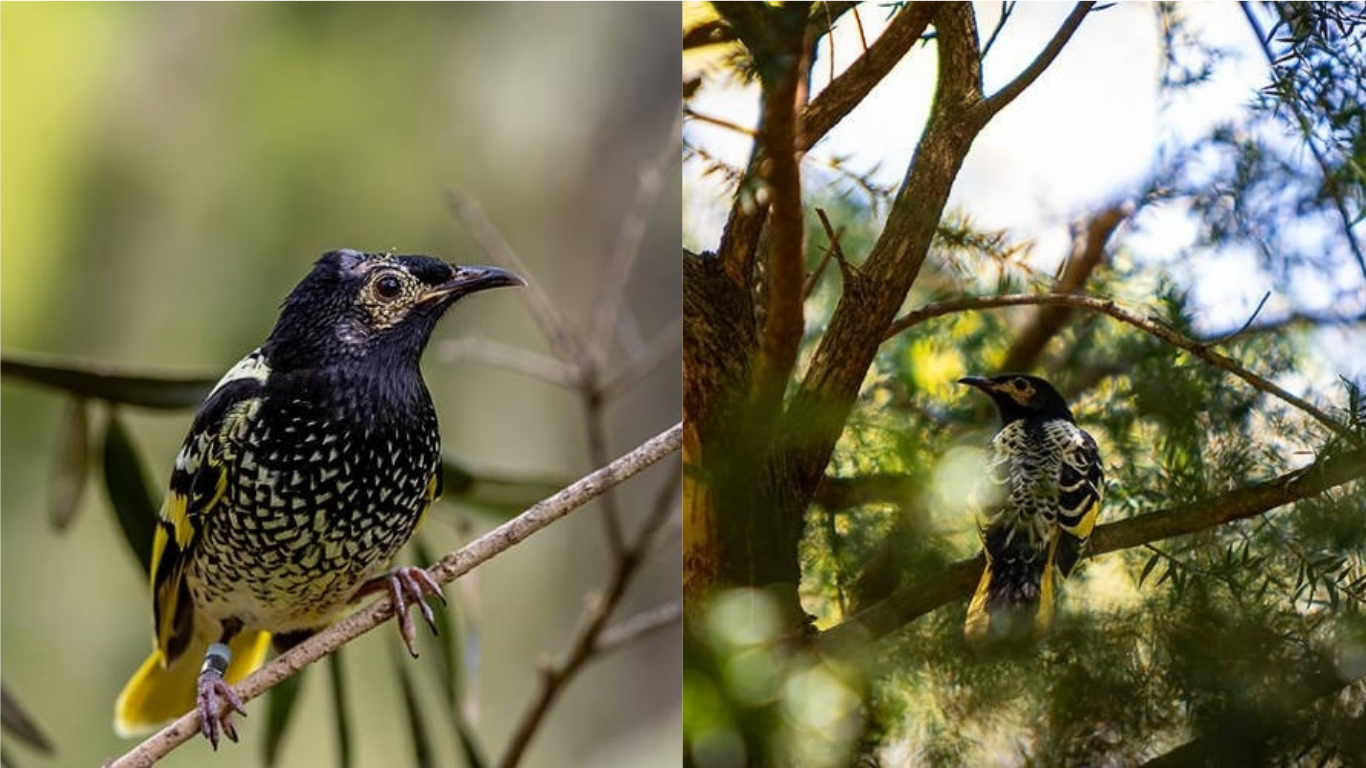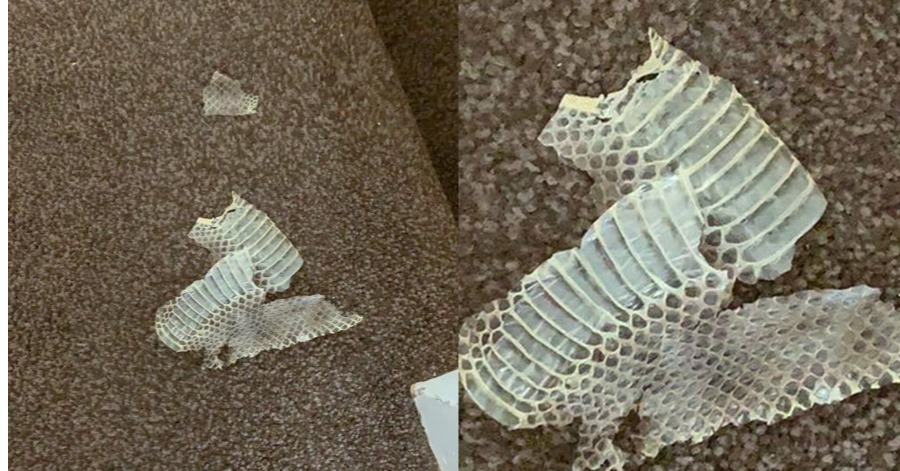Experts are worried that one of Australia’s rarest songbirds that is the regent honeyeater would soon go extinct because it forgot how to sing its mating song. The species is already one of the world’s rarest birds.
With only 300 specimens left, this loss of ability endanger their status further. The complexity of their mating songs made them stand out. However, ornithologists noticed this complexity is slowly diminishing. This is to the point where male regent honeyeaters didn’t even sound like their species anymore.
There are also instances where male regent honeyeaters were imitating the songs of other bird species, like friarbirds, currawongs, and cuckoo shrikes. Ornithologists are still investigating this phenomenon. Some believed that mimicry was a strategy to avoid larger predatory birds.
“The poor birds are not getting the chance to learn what they should be singing,” said Dr. Ross Crates, an ecologist at the Fenner School of Environment and author of the study. “They don’t get the chance to hang around with other honeyeaters and learn what they’re supposed to sound like.”
Young regent honeyeaters learn their songs from adult members of their species. But because they spread so thin in their habitat, many males don’t get to listen to the right songs. The problem is that these aren’t the songs female regent honeybirds want to hear. This reduces the chance of mating.
“They’re so rare and the area they could occupy is so big. So they end up learning the songs of other species,” said Dr. Crates.
Scientists are now planning to put captured males that can sing in aviaries next to captive-bred regent honeyeaters so that the juveniles can learn the right song. They then plan to release them into the wild every few years, where they will hopefully be able to attract females and reproduce.









Leave a Comment